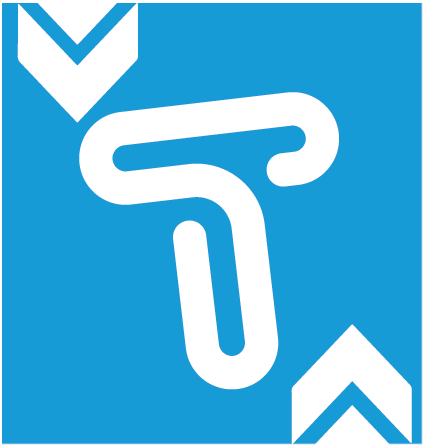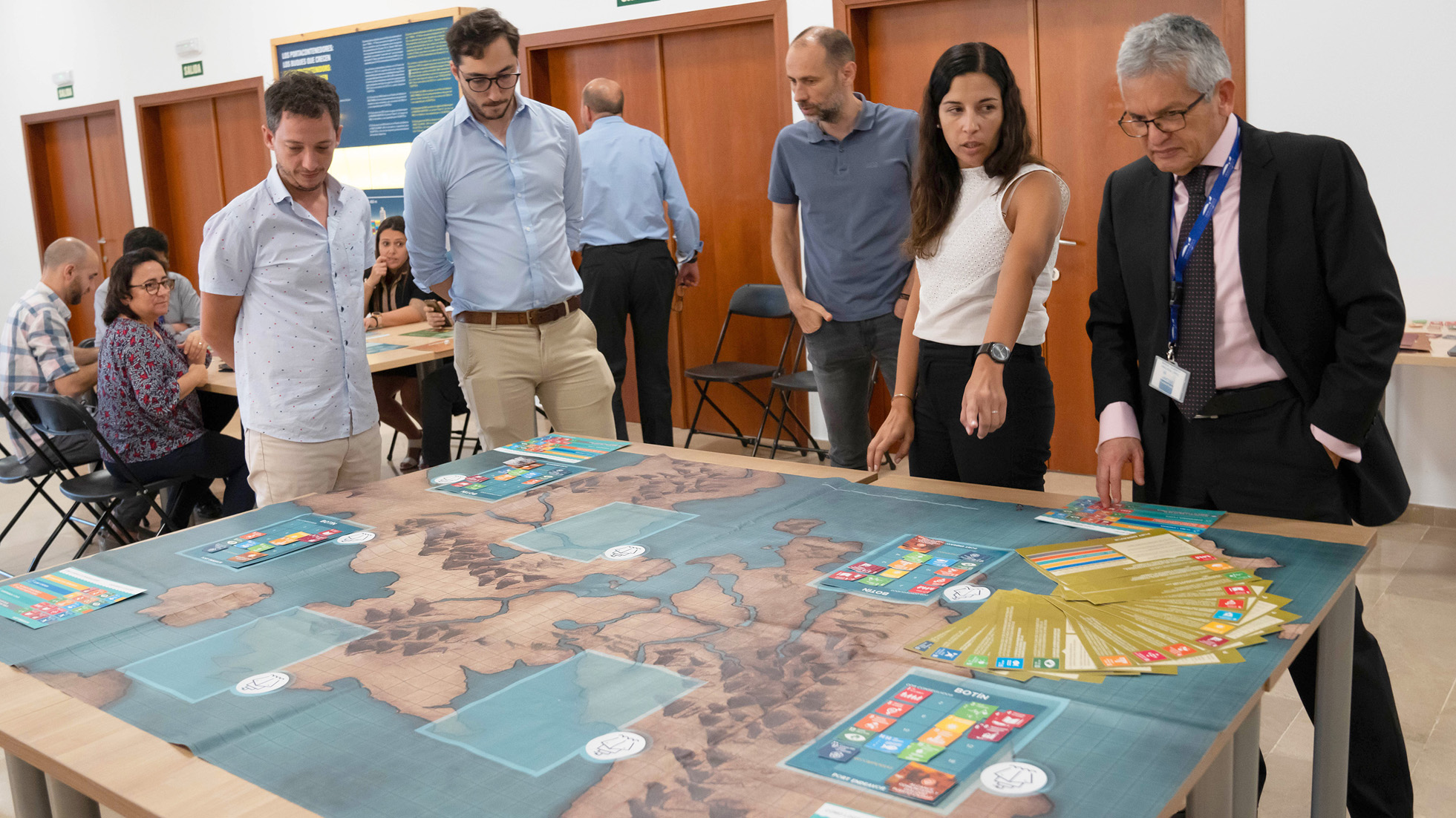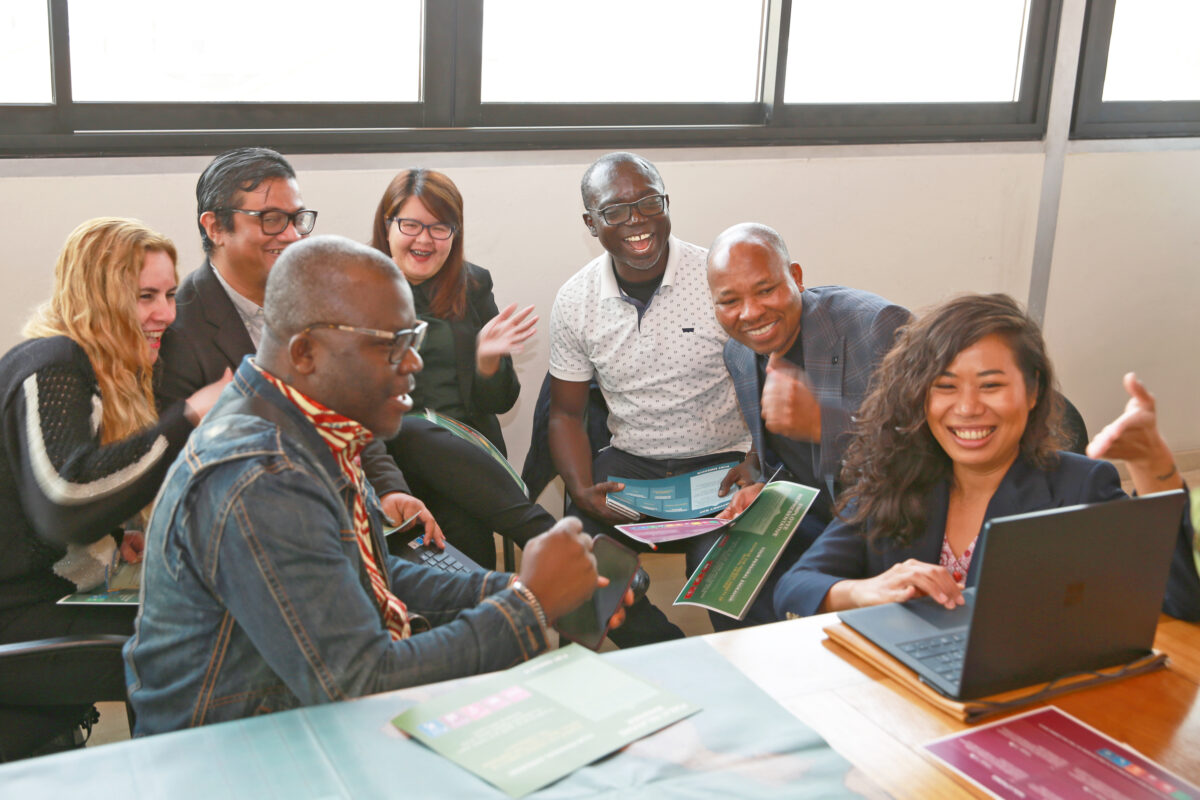
UNCTAD/TrainForTrade produced a new game that helps port managers to come up with solutions to make their ports more resilient and compliant with the UN Sustainable Development Goals in collaboration with the International Association of Ports and Harbours (IAPH) and the Antwerp Port Training Center.
A new game dubbed “Port Endeavor” is increasing awareness on the UN Sustainable Development Goals (SDGs) and accelerating their adoption in port communities.
The game invites players to represent a fictional port with a specific role and objective. They then go through various sustainable activities and challenges as a port team. The activities are selected and paid for by the teams, operating with limited budgets.
During the game, port teams can be affected by occasional disruptive events. Successful activities earn them points under combinations of SDGs.
Looking beyond monetary gain
“The focus of the game is not on monetary gain and being the richest port in the end. Players have to decide to spend their limited budgets on sustainable activities,” said Victor Shieh, communications director of the International Association of Ports and Harbours (IAPH), which produced the game under its World Ports Sustainability Programme (WPSP)
The activities and events in the game are based on the WPSP database, which has more than 200 projects and best practices on how ports integrate the SDGs into their business models and operations.
The game was born out of a workshop conducted by UNCTAD, IAPH and the Antwerp Port Training Center in Geneva in 2019. Participants from around 30 ports were joined by representatives from academia, financial institutions and shipowners to conduct exercises around the SDGs based on concrete port project examples.
“As a result, we established the SDGs that were most relevant to ports, and that there was a need to support other ports in applying sustainability in their work,” Mr. Shieh said.
The port teams said SDGs 7 (on affordable and clean energy), 8 (on decent work and economic growth) and 9 (on industry, innovation and infrastructure) were the most important ones for them, as well as 11 (on sustainable cities and communities) and 13 (on climate action).
“The game fosters intense and meaningful exchanges between port managers from different horizons and backgrounds,” said Mark Assaf, who heads the TrainForTrade programme. “It allows them to come up with solutions to make their ports more resilient and compliant with UN SDGs.”
Learning by playing
Esteban Pisani from the Exolgan Container Terminal in Argentina was surprised at the game’s educative power. “Considering our limited economic resources, the game helped us better understand how our decisions impact each of the SDGs,” he said.
He added: “In our daily work, all decisions have consequences, good or bad. Problems arising in the game must be solved and they have a cost. Nothing could explain better how consequential our decisions are.”
Jacqueline Paredes Corrales from Terminal International del Sur in Peru said the game allowed her to tackle many issues that port professionals experience every day.
“When facing disruptive events, we must apply teamwork and make decisions aligned with our corporate strategies and organizational objectives. Ports must develop sustainability plans and base their decisions on the SDGs,” she said.
Ambassadors of the SDGs
UNCTAD’s TrainForTrade programme will continue to develop and use the “Port Endeavor” game in partnership with the IAPH to make port professionals ambassadors of the SDGs.
“Seeing port executives from Latin America being so enthusiastically engaged in playing the game and giving us such positive feedback was very rewarding,” Mr. Shieh said.
Training regional networks of local trainers is an important element of the TrainForTrade programme, helping them tackle the challenges they face while promoting trade and development.
The programme launched in 1989 disseminates international trade-related knowledge and develops skills and capacities in developing countries and those with economies in transition.
Over the years, it has received funding from Belgium, France, Greece, Ireland, Portugal, Spain, the beneficiary countries and partner ports.
In 90-minute session of the Port Endeavor game, this role game increases awareness of the UN Sustainable Development Goals (SDGs) and accelerates their adoption in port communities.
The game invites players to represent a fictional port with a specific role and objective. Participants go through various sustainable activities and challenges as a port team. The activities are selected and paid for by the teams, operating with limited budgets.
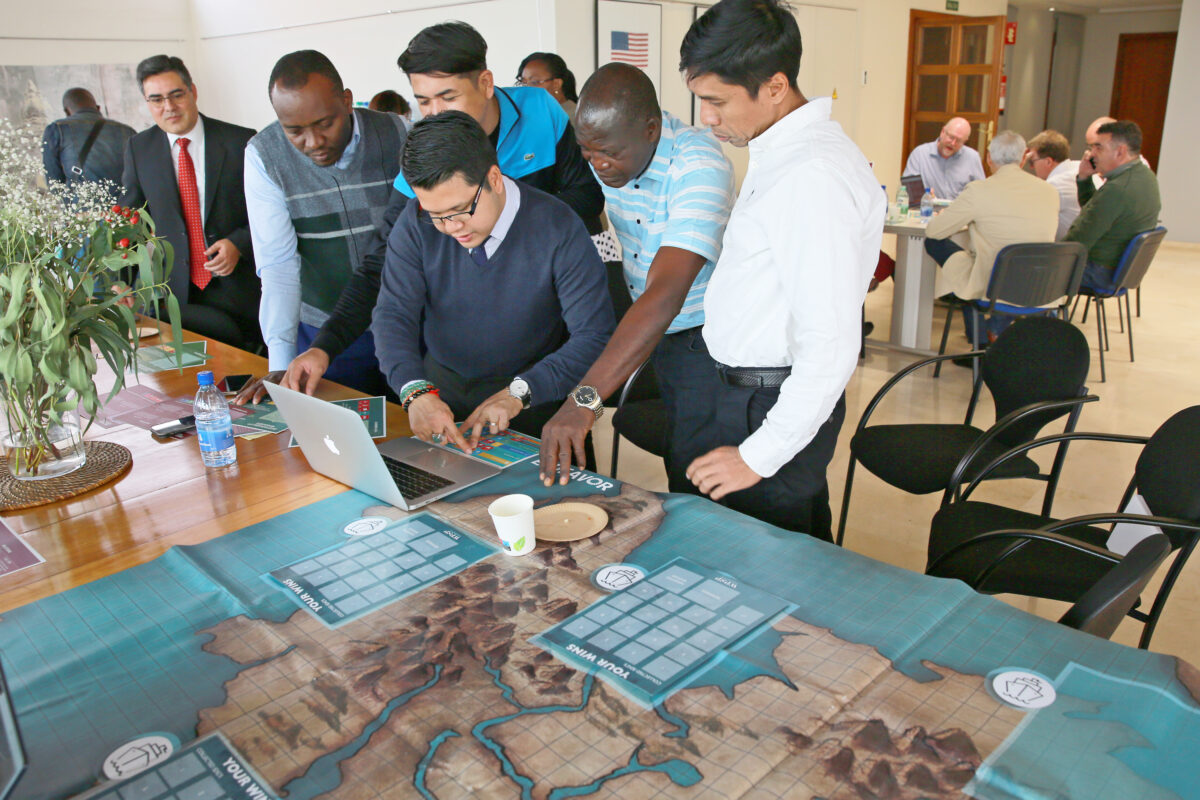
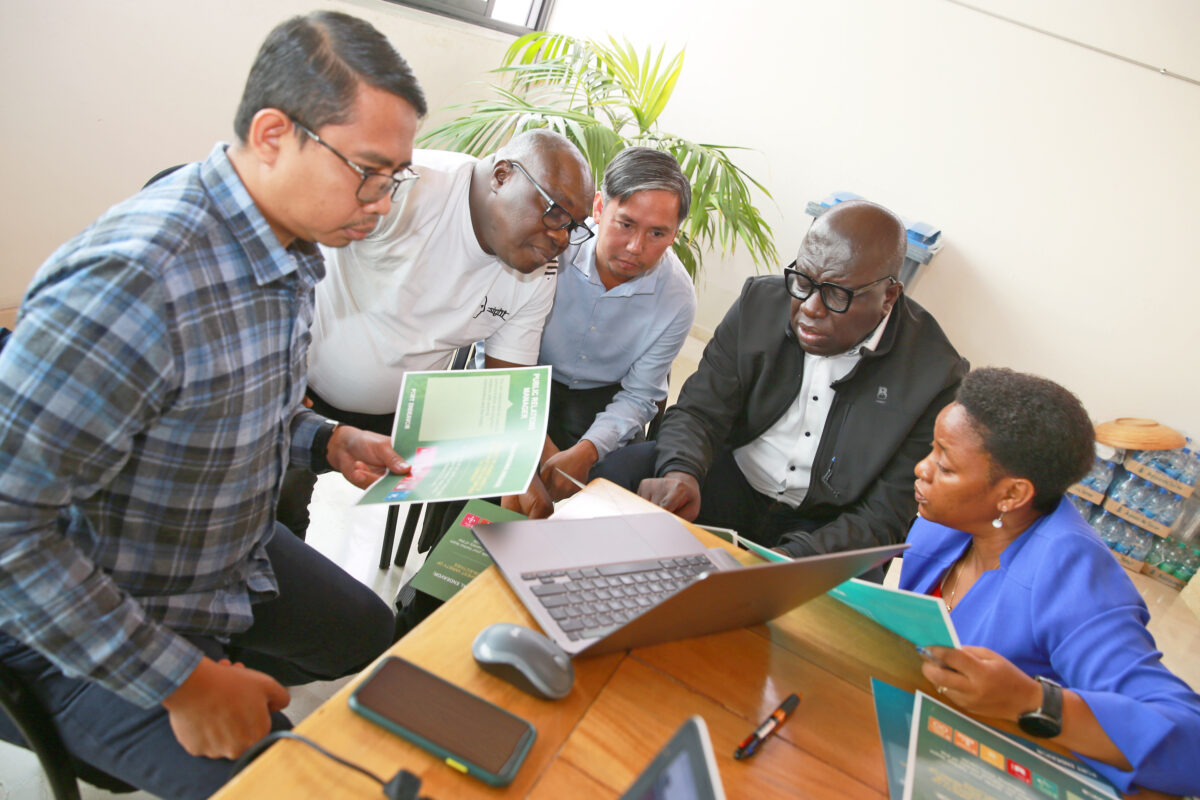
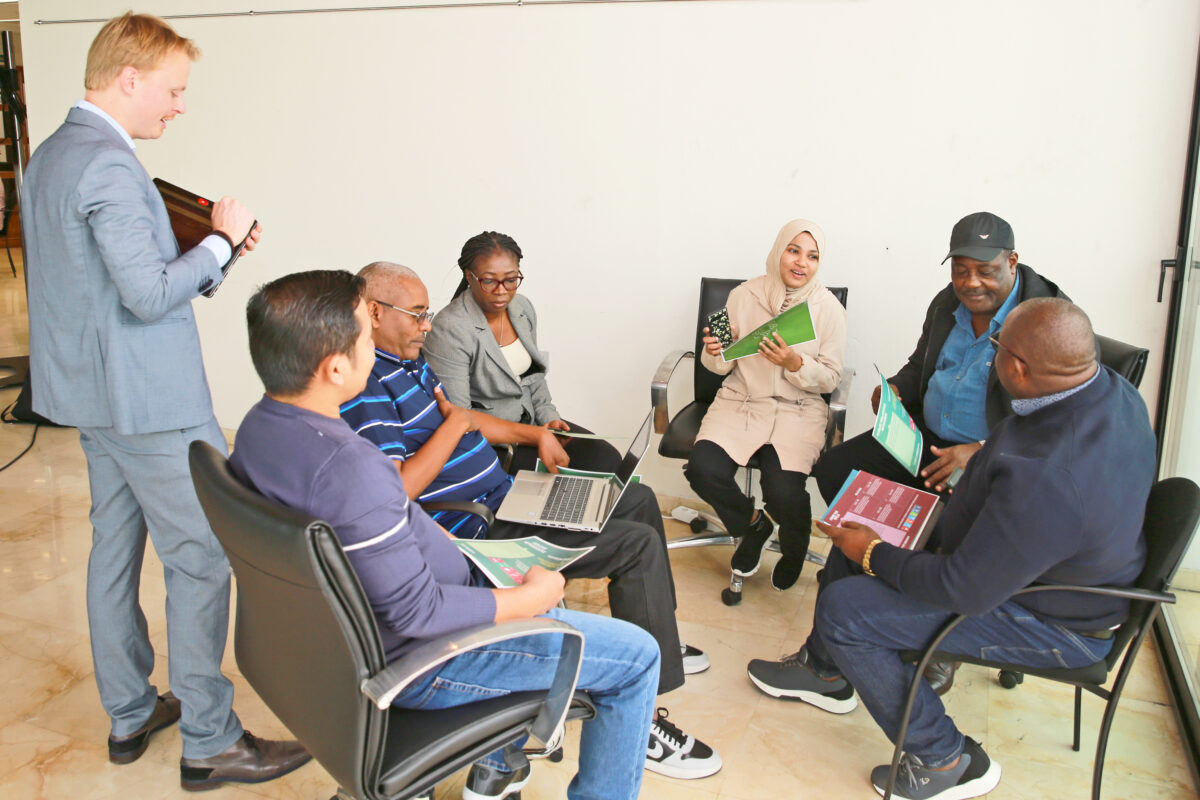
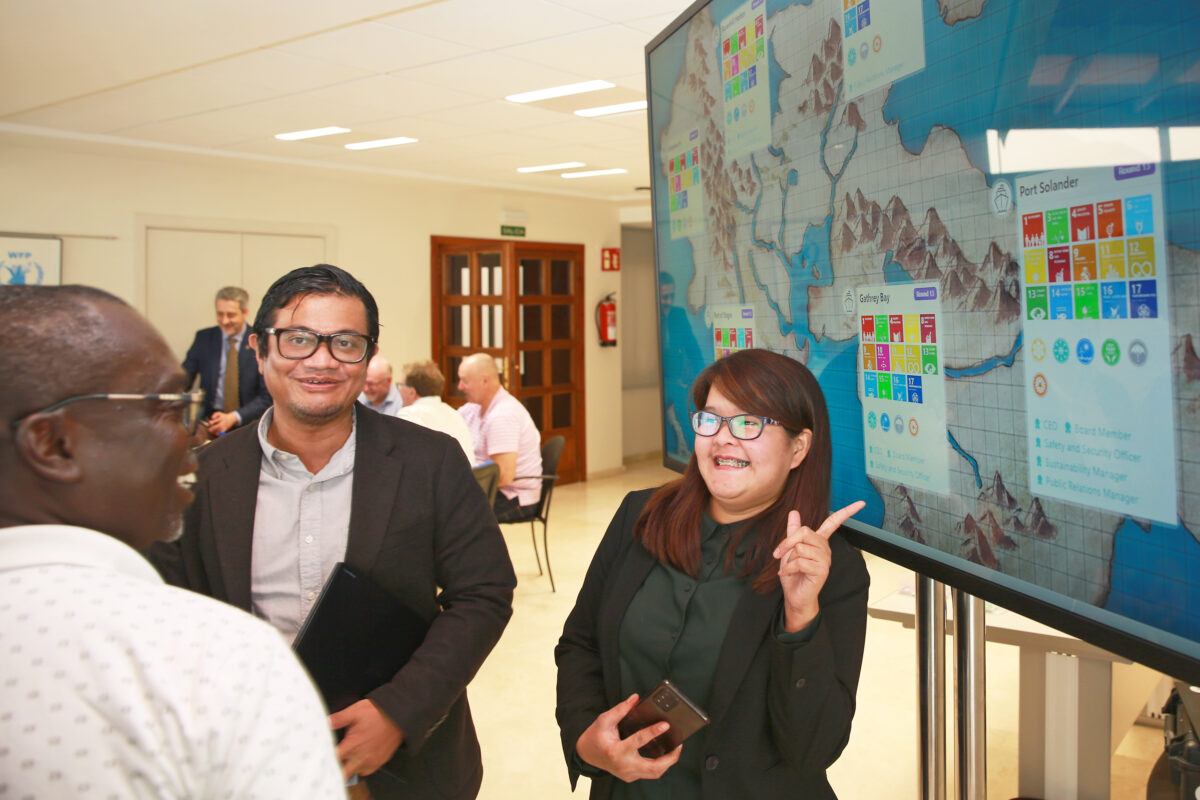
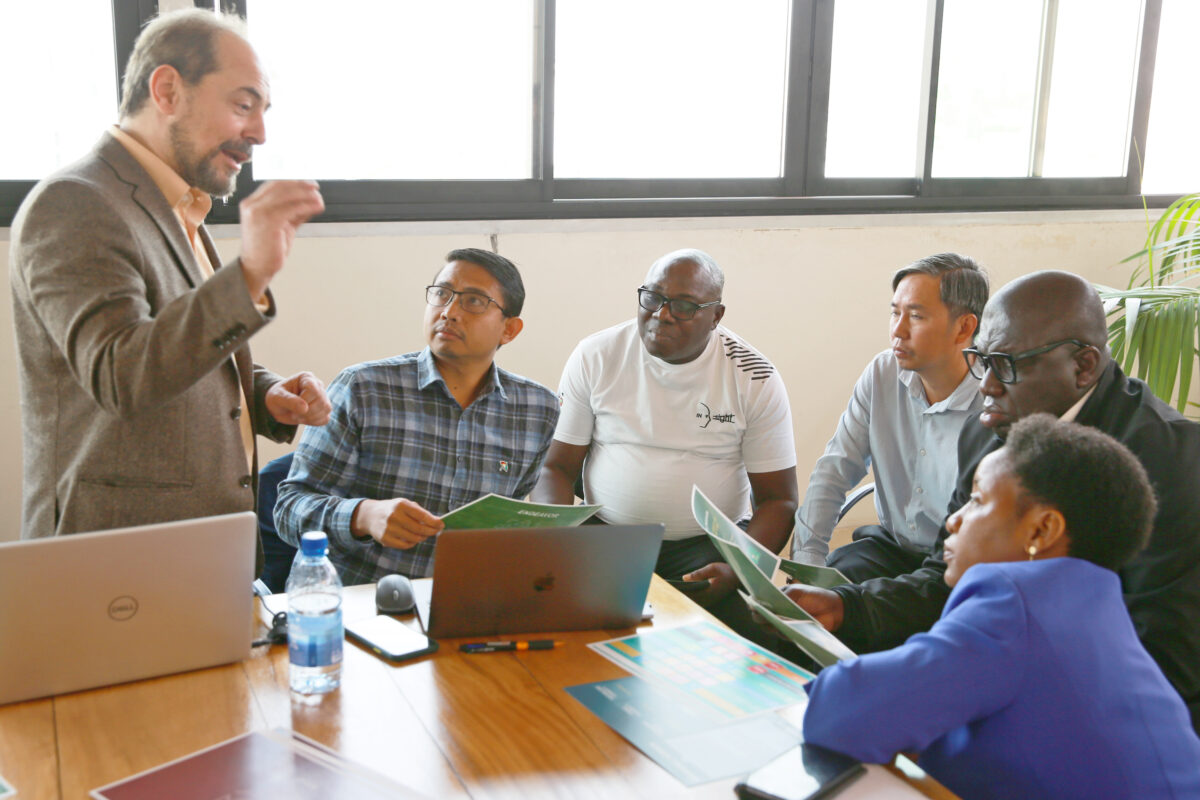
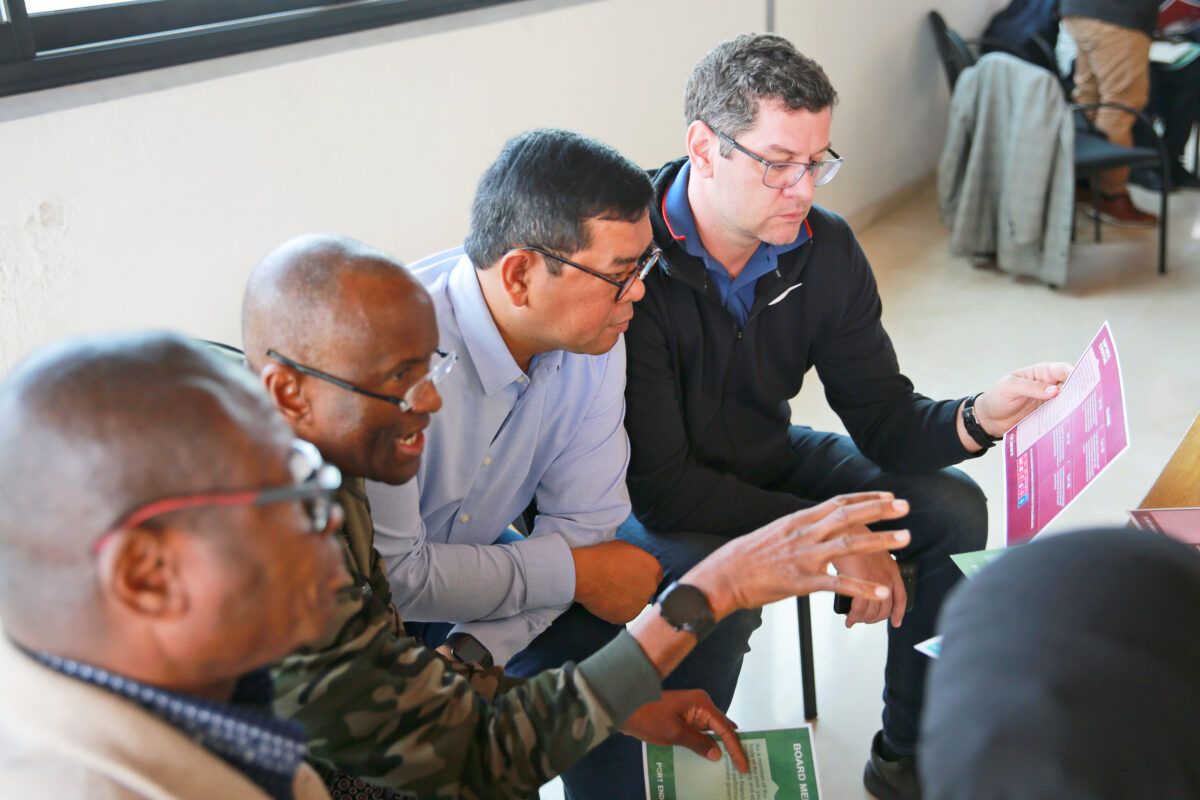
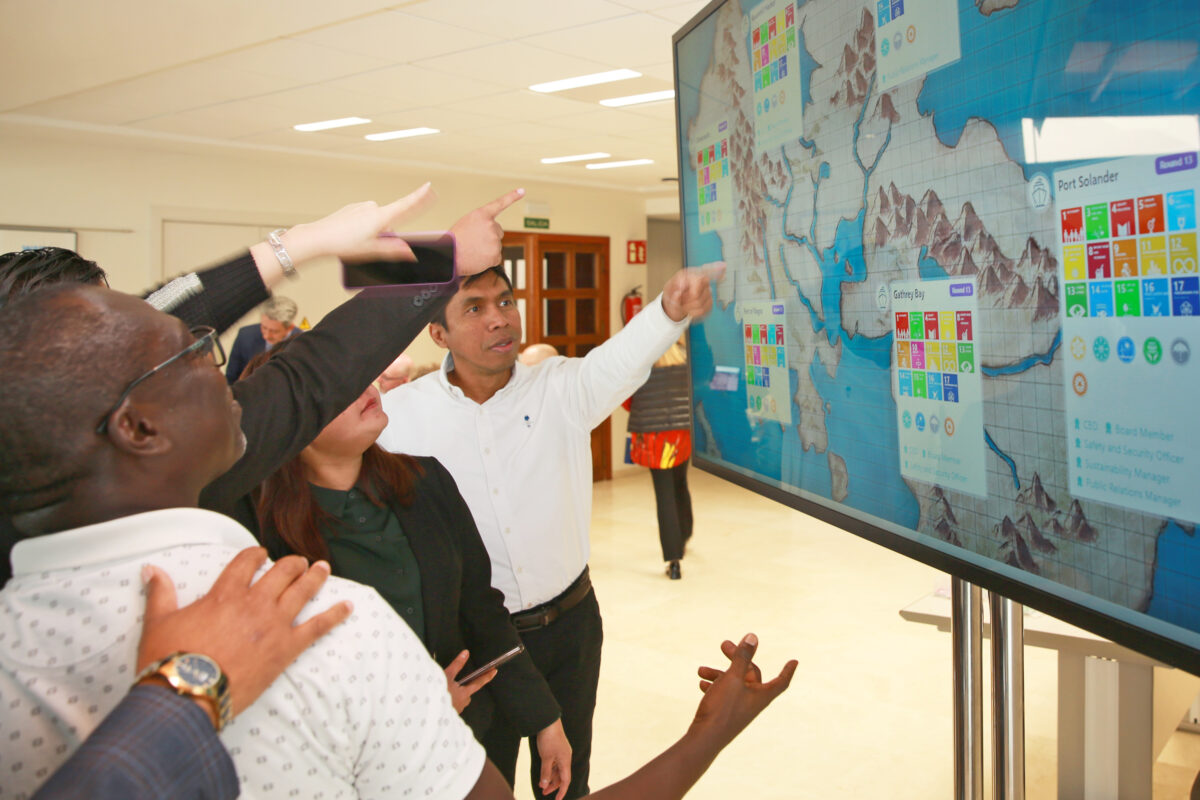
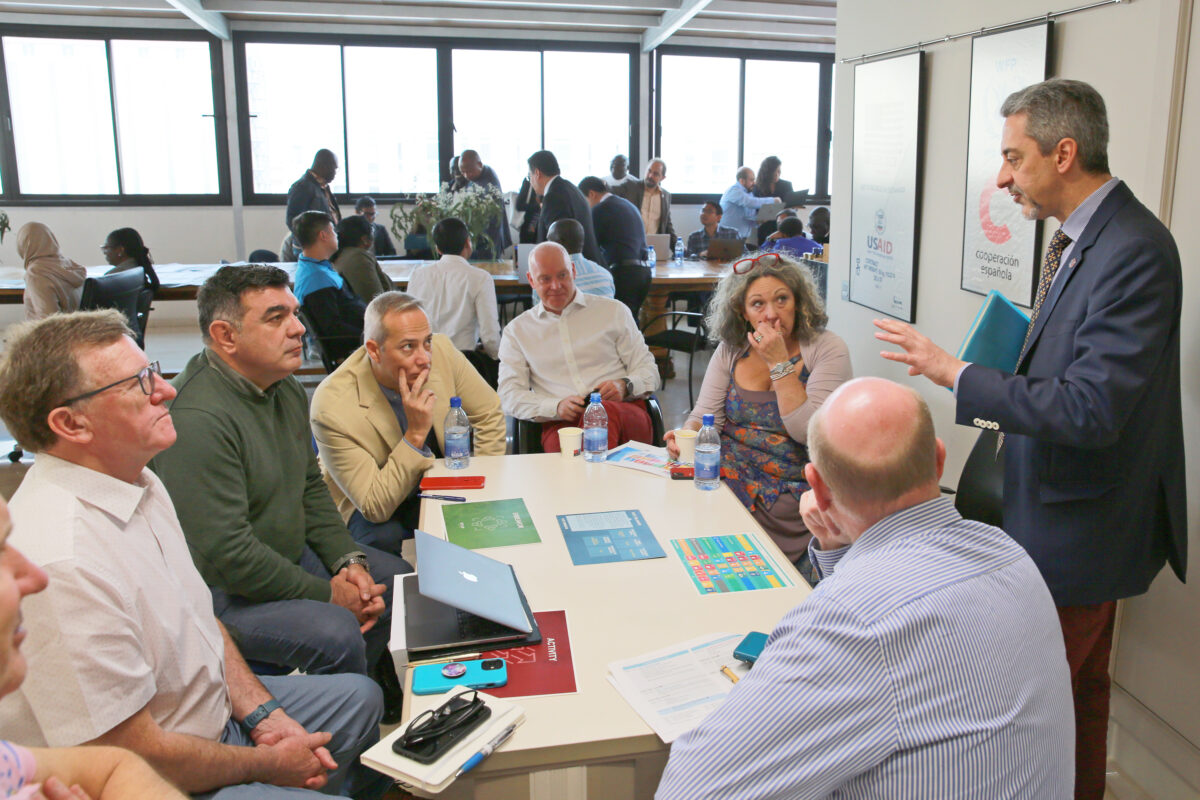
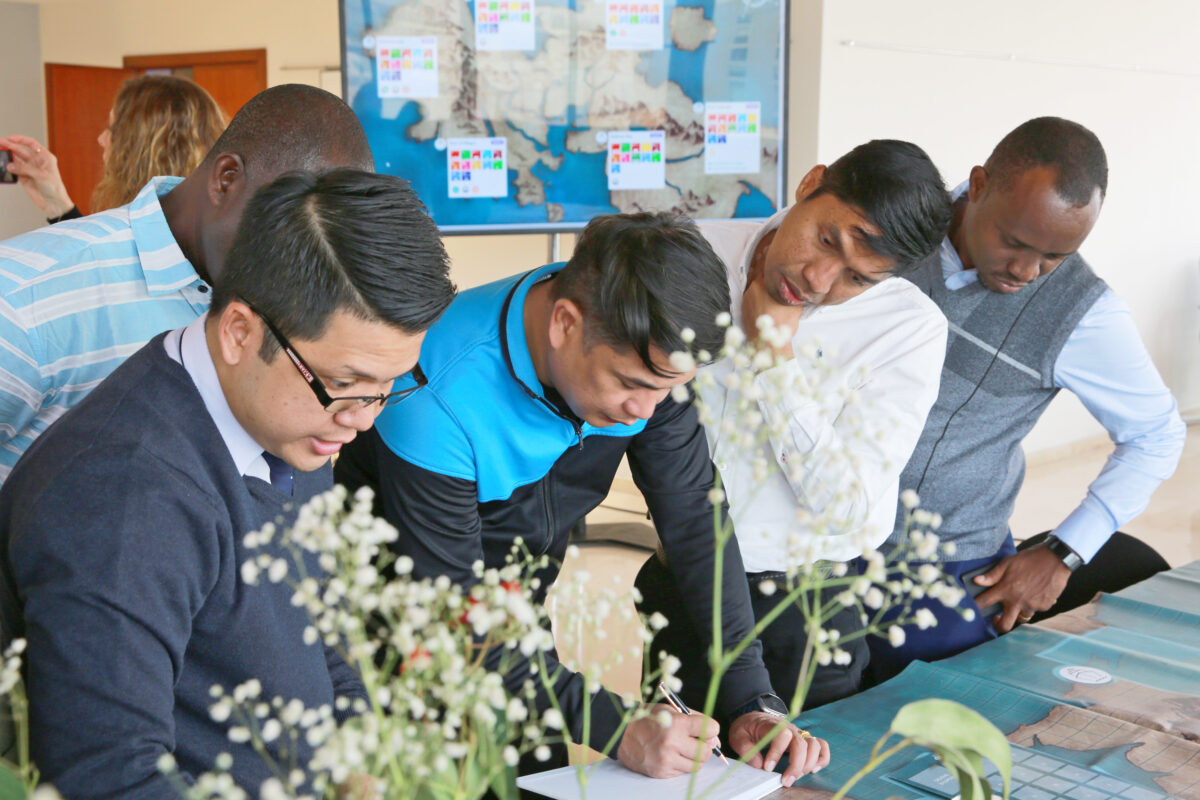
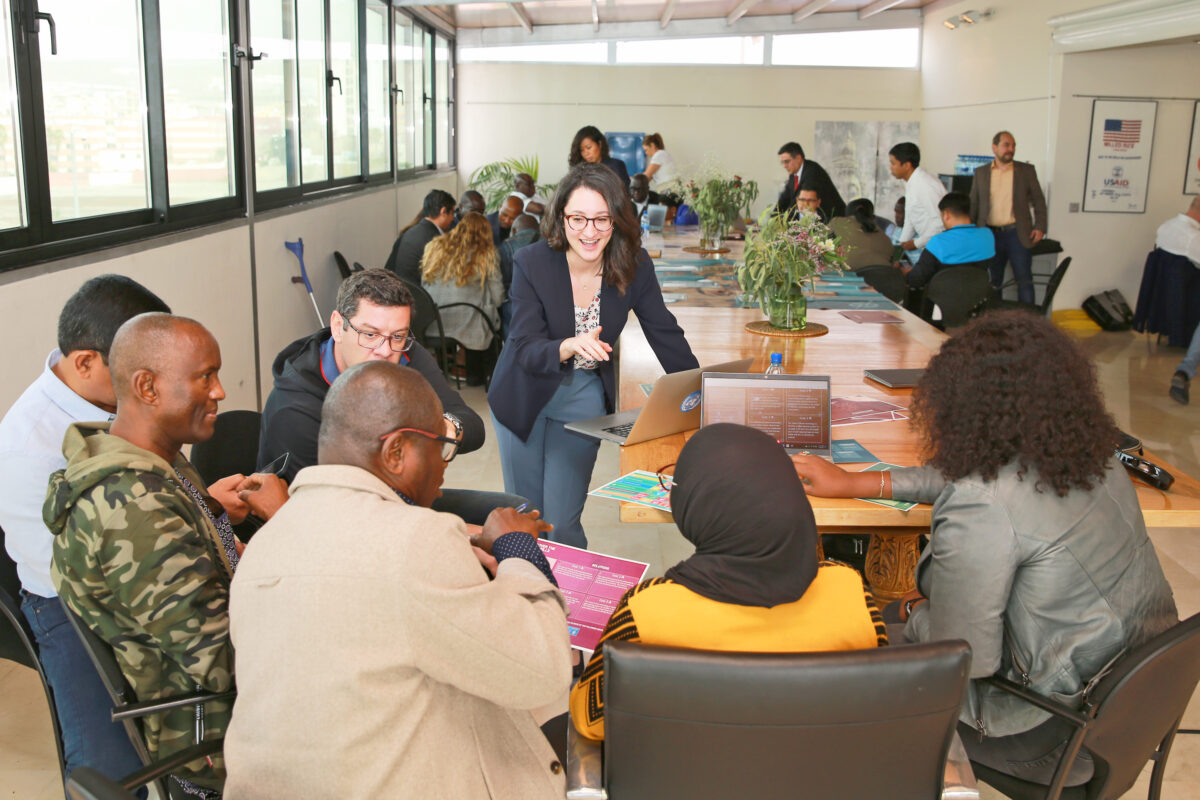
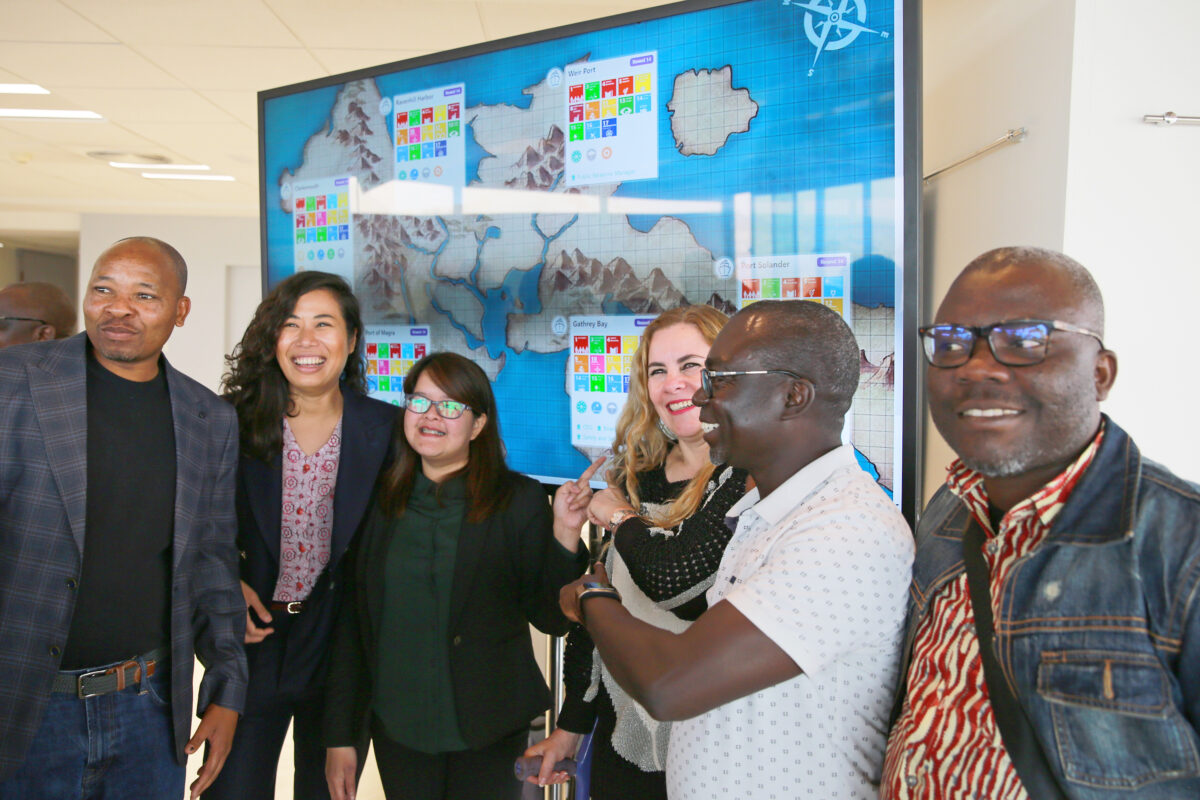
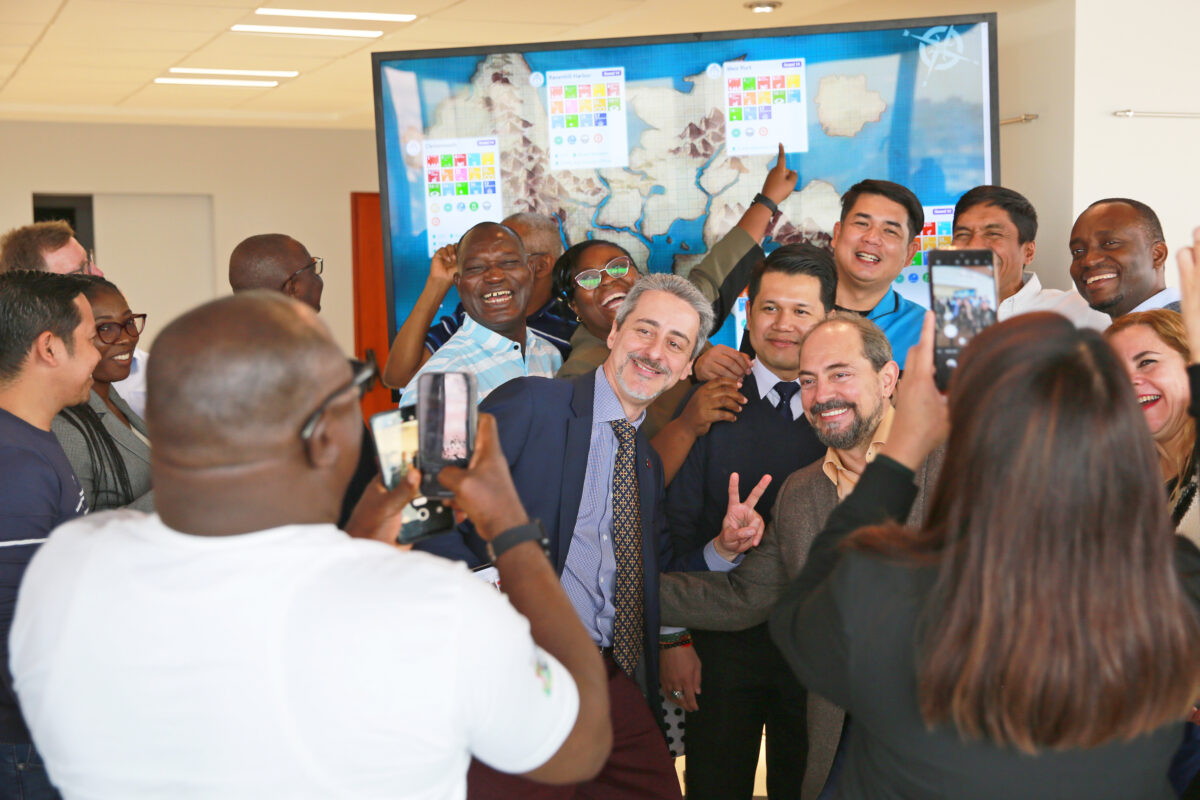
The game session was very intensive and lively, and participants were excited about this method of learning about sustainable development.
– It gave us awareness about how ports work, but it also took us to real situations on things that are happening at the port. We can see what are the situations and what are the options we can take, concerning the 17 SDGs, said Foibe Machuve, ICT Support Manager from Tanzania.
– The game gave us a very good awareness of what actions we should take. It also reminded us that when you select the best action you have to look also at the budget. It is a living example that we can adapt to our tools. It’s a very nice game, Ms. Machuve added.
– The game is fun and we found it very helpful in terms of decision-making. The team had to discuss and choose the best options. But it’s not only about choosing the best strategy, you need also to explain why you choose that strategy, commented Russel Jay Paca, Director of the Paca Training and Management systems in Cebu, Philippines.
– We realised what are the best options and the best approach when considering sustainability, Mr. Paca said.
Adelaide Panford, Learning & Development Manager from the port of Takoradi, Ghana, loved the game.
– It is not just a game. It gives you the opportunity to think, to know what decision to take and how effective it is. The process depends on critical thinking. Many of the decisions we take will bring development. This game teaches you to think, and I really love it. I wish we would do another round, Ms. Panford said.
The Port Endeavor game is produced by the World Ports Sustainability Programme (WPSP) of the International Association of Ports and Harbours (IAPH), together with the Port of Antwerp-Bruges. TRAINFORTRADE has participated in the further development of the game.
After the game session participants of the workshop went through an exercise on implementing UN SDGs. They were given randomly one of the 17 SDGs and they had to think of practical ways to integrate it into their own port communities and how to measure it.
The participants were creative and we heard very interesting ideas as a result of this exercise, covering also SDGs that are not directly connected to ports’ activities. Here are some examples:
SDG 2 (Zero hunger)
– Reduce transit costs, to give a better opportunity to sell food in the local market.
– Sell food to workers at subsidised prices in the port’s canteens.
SDG 3 (Good health and well-being)
– Improve infrastructure to reduce accidents, for example, add traffic lights and create separate lanes for port traffic and commuting
– Provide fitness facilities for port staff
SDG 6 (Clean water and sanitation)
– Harvest rainwater to save fresh water.
– Recycle water, it can be reused for example to ship cleaning and maintenance.
SDG 13 (Climate action)
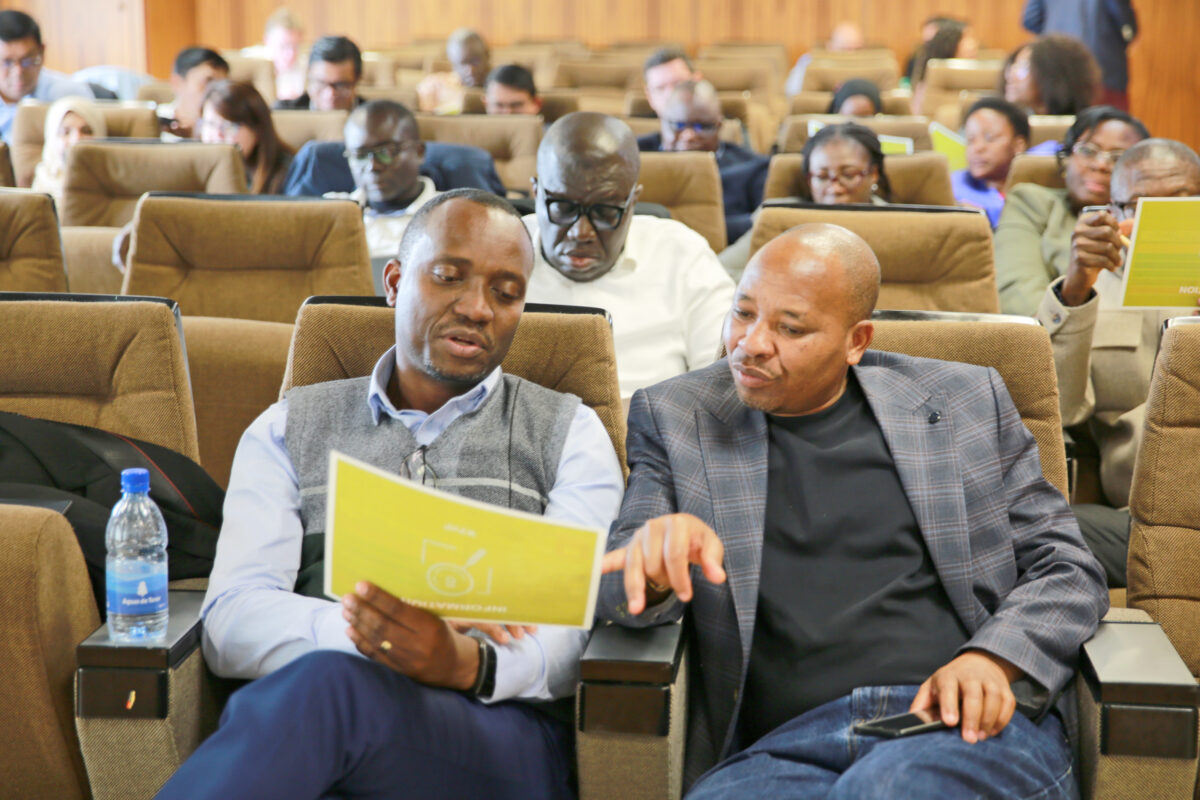
In cooperation with:


